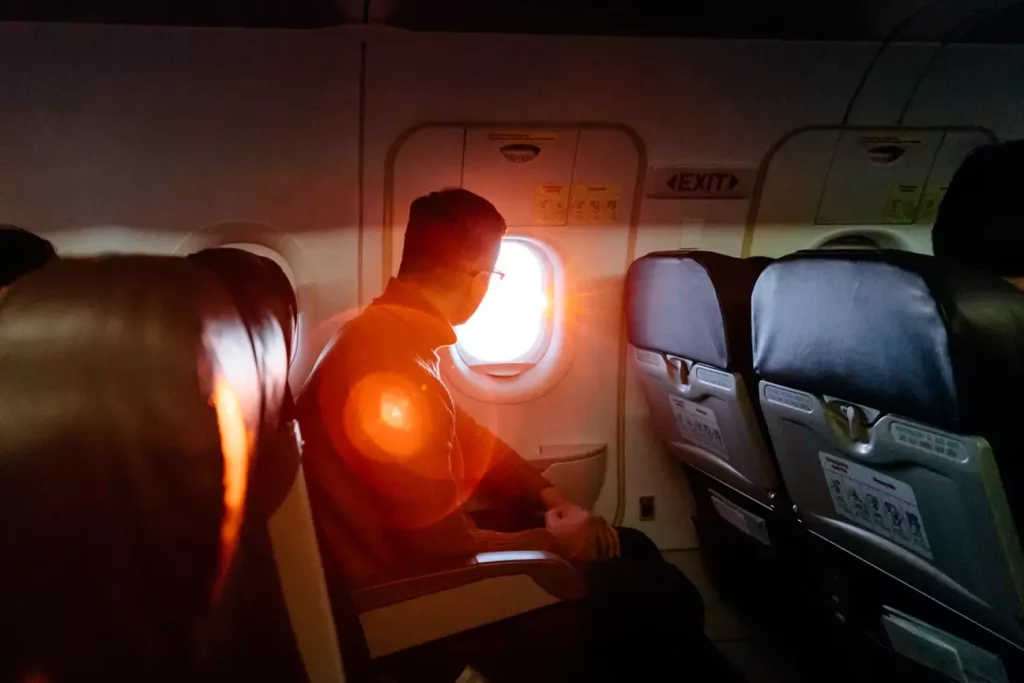If you board any significant mode of transportation, the likelihood is that your journey will be largely uneventful and without many issues.
The secret code being used to communicate about whatever issue has delayed you will be useful if you want to know exactly what kind of danger you’re facing. On the other hand, you can be one of the unfortunate ones for whom everything goes a little awry.
According to the Daily Telegraph, flight attendants utilise a variety of secret codes to communicate with one another when they have feelings for a passenger and other more important information to keep passengers from panicking.

You’ll almost certainly know about ‘mayday’, which means a plane or ship is facing imminent danger, but you also wouldn’t want to hear the code ‘pan-pan’, which means something has broken down.
Hearing that one means you’re not in as much danger as if you heard ‘mayday’, but it’s a sign that there’s still something to worry about.
Some of the codes are numbers rather than words and the one you really don’t ever want to hear on a flight is ‘7500’ because that’s the code planes sent when they’re being hijacked or are in danger of hijacking.
Of course, if you’re on the plane that’s being hijacked you’ll probably know about it before you hear any mention of the code, which is really meant to alert other planes and air traffic control about the danger.
Pilots on planes that are being hijacked are meant to put ‘7500’ into their transponder to communicate about the hijacking.

Almost as bad is code ‘7700’, as that’s the general signal for emergencies, while code ‘7600’ is a plane’s way of signalling that it’s lost contact with the tower and will have to be guided in by lights.
Codes passengers might be more likely to hear include ‘all-call’, which means flight attendants should check in via the intercom.
There are numerous additional modes of transportation, each with their own set of rules.
If you hear someone mentioning “Code Adam” while you’re in the airport, it implies that staff members should be on the alert for a misplaced youngster.
When station personnel call out “Inspector Sands” or “Mr. Sands” on the London Underground, a fire or bomb alarm is imminent.
If you ever have the good fortune to be on a cruise ship, you should be aware that if you hear someone being referred to as “Mr. Mob,” that person is likely overboard, while the cries of “Zulu, Zulu, Zulu” indicate that a fight is about to break out on board.
The more you are aware.















